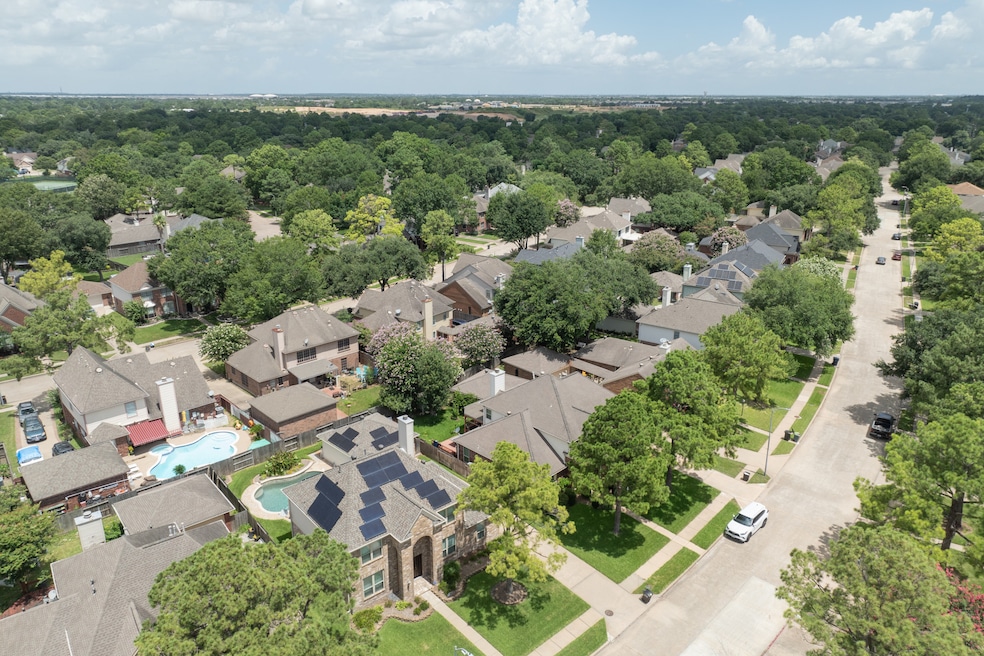Texas Gov. Greg Abbott signed three bills this week that he says will help address the state's housing shortage and ease affordability challenges. However, questions remain about the legislation's likely effect.
Senate Bill 15 bars cities from requiring unreasonably large lot sizes for homes on 5 acres or more, allowing for smaller and denser development, Abbott's office said.
Senate Bill 840 restricts cities from imposing certain fees and requirements. According to the governor's office, it also permits mixed-use and multifamily development in areas now zoned for office, retail, or warehouse. House Bill 24 helps clear the way for zoning changes that allow more residential construction.
"Housing affordability is one of the key issues on the minds of Texans today," Abbott said in a statement. "Thankfully, we have taken large steps to make the American dream of affording a home a reality."
Still, affordability is a national problem that's likely beyond the scope of new laws, said Michael Davis, a broker at the Houston firm of Brooks & Davis and co-chair of the governmental affairs advisory group for the Houston Association of Realtors. Brooks said he and his group did not have any input into the legislation.
"This is not really addressing the challenge of housing affordability and attainability," Davis told Homes.com. "If we knew the answer to that problem, we would have solved it."
Affordability gap widens in Houston
Even as prices drop in Texas and other areas of the country, elevated mortgage rates, record home prices and rising building material costs have pushed homeownership out of reach for many Americans. The share of first-time homebuyers between 2023 and 2024 reached an all-time low of 24%, according to the most recent figures from the National Association of Realtors.
A study this summer from Rice University's Kinder Institute for Urban Research showed a growing housing affordability gap in Houston and Harris County, Texas.
Affordability is the housing market's main issue, noted Buddy Hughes, chairman of the National Association of Home Builders. In August, the share of builders offering sales incentives, such as mortgage rate buy-downs, is 66%, the highest level since the pandemic, according to the NAHB/Wells Fargo Housing Market Index released Monday.
Affordability aside, the bills are an important step in lifting barriers to the production of housing, according to Sara Bronin, a professor at the George Washington University Law School and author of "Key to the City: How Zoning Shapes Our World." She also created the National Zoning Atlas, an online, interactive map that helps developers navigate building rules across the country.
Bronin called on lawmakers to take even more action, including expanding lot-size reforms, lifting parking mandates for developers and legalizing accessory dwelling units, also called mother-in-law suites.
"Legislators need to keep following this trajectory next session in light of the global and economic factors — from tariffs to labor-market instability — that will continue to make housing expensive and hard to build," she said in an email.

